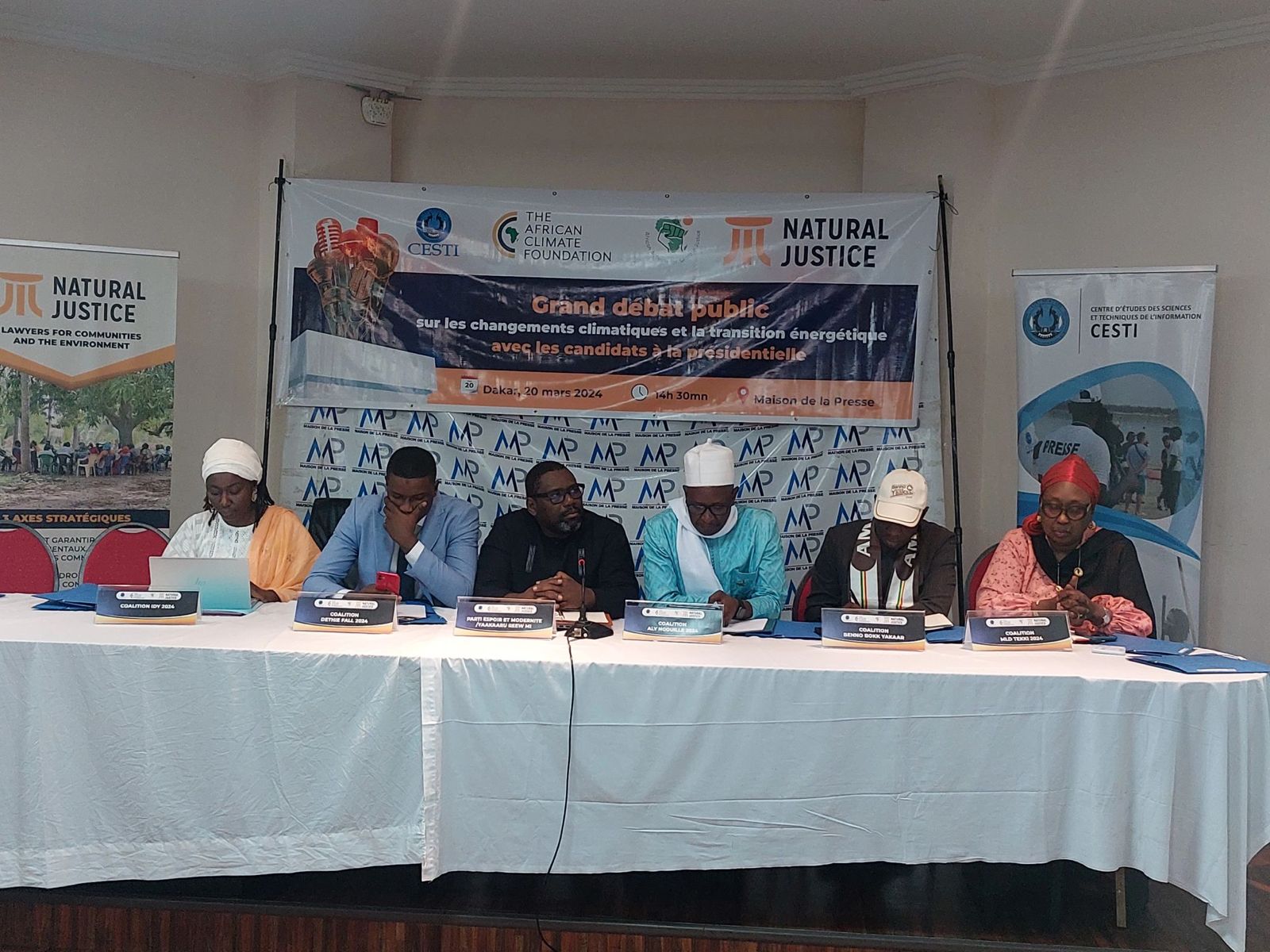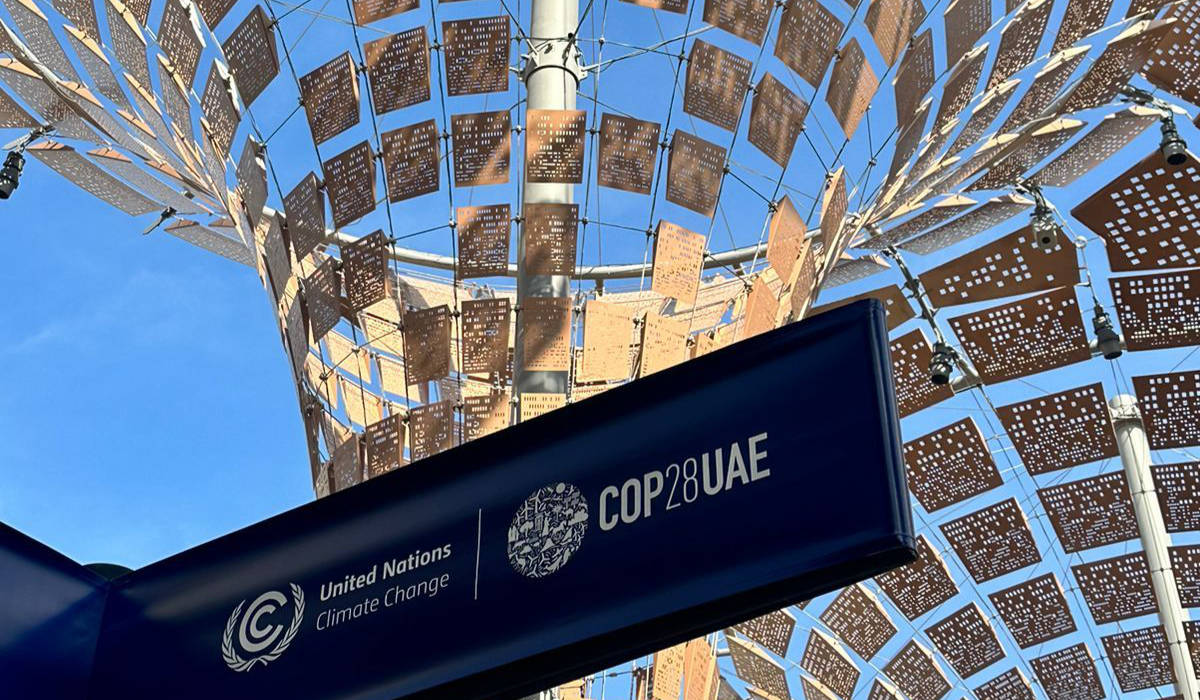It has been difficult to quantify the exact number of pledges made at the climate talks, but the UK – host country of the summit – has calculated that more than $20 billion has been pledged so far to support the global coal-to-clean-power transition. More deals are expected.
Financial institutions have also promised to implement a greener way of investment, which meant that more climate funding would be channeled to managing the climate crisis
South Africa’s watershed multibillion-dollar climate finance deal announced last week is still one of the highlights at the climate talks in Glasgow. The country’s partnership with France, Germany, the United Kingdom, the United States and the European Union has drummed up pledges of R131 billion over the next three to five years in the form of grants, concessional loans and investment and risk-sharing instruments, including mobilising private sector funding.
Indonesia and the Philippines also formed a new partnership with the Asian Development Bank to support the early retirement of existing coal plants through a specific energy transition investment vehicle.
The bank said the partnership was the first of its kind in Southeast Asia. It would help Indonesia and the Philippines to modernise their energy infrastructure, and ensure a just and inclusive energy transition.
Countries such as Japan, Italy, the UK and Denmark have all raised their climate funding pledges in Glasgow.
The UK said it had also upped its investment into the Climate Investment fund with a commitment of about $270 million to the Accelerating Coal Transition (ACT) programme. The $8.5 billion Climate Investment Funds (CIF), established in 2008 with the UK as one of the co-founders, remains one of the biggest climate investment vehicles designed to mobilise funds for climate finance.
India, South Africa, Indonesia and the Philippines will be the initial countries selected for support through the ACT, the UK stated. The host country also pledged today $6.75 million to the South East Asia Energy Transition Platform. The UK calculated that it had announced $391 million in new funding.
The climate funding deals included more than $20 billion to support the global coal to clean power transition:
- $10 billion of philanthropy-led financing to support developing countries deploy clean power under the Global Energy Alliance People & Plant (announced on day 2)
- $8.5 billion for the South Africa Just Energy Transition Partnership
- $2 billion under the CIFs Accelerating Coal Transition facility
Also this week, the European Commission announced a new pledge of €100 million in finance for the Adaptation Fund. This additional €100 million contribution from the EU budget is by far the biggest pledge for the Adaptation Fund made by donors at COP26.
The EU’s executive vice president, Frans Timmermans, said rich countries had to scale up international climate finance and provide a predictable framework for its delivery.
“The Adaptation Fund can play a key role and that is why I am pleased to announce for the first time that the European Commission is committing €100 million to the fund, to support developing countries.”
Yesterday 11 countries announced new pledges to boost climate finance for the Least Developed Countries, which are particularly vulnerable to climate change.
The 11 countries, including Belgium, Denmark, Germany, the Netherlands, Switzerland, the UK and the US, will make their commitments through the Least Developed Countries Fund (LDCF), which has provided more than $1.7 billion in grants to developing countries to fight the climate crisis during the last two decades.
Also more than 100 global leaders pledged to halt and reverse deforestation and land degradation by the end of the decade, a promise that included $19 billion in public and private funds to invest in protecting and restoring forests.
A group of banks, insurers and investors which, according to figures from Reuters, has $130 trillion at their disposal, also promised to do more to battle climate change through investment. The financial institutions pledged at the talks to up green investment in their different portfolios. These financial institutions accounted for about 40% of the world’s capital.
In theory, $130 trillion is more than enough to finance the world’s transition to a greener economy, but it remains to be seen how many of the trillions will be channelled into action that reduces emissions.
Regulators are working on establishing uniform standards to break through “greenwashing”, whereby companies portray their business as climate-friendly when in reality it is not.



